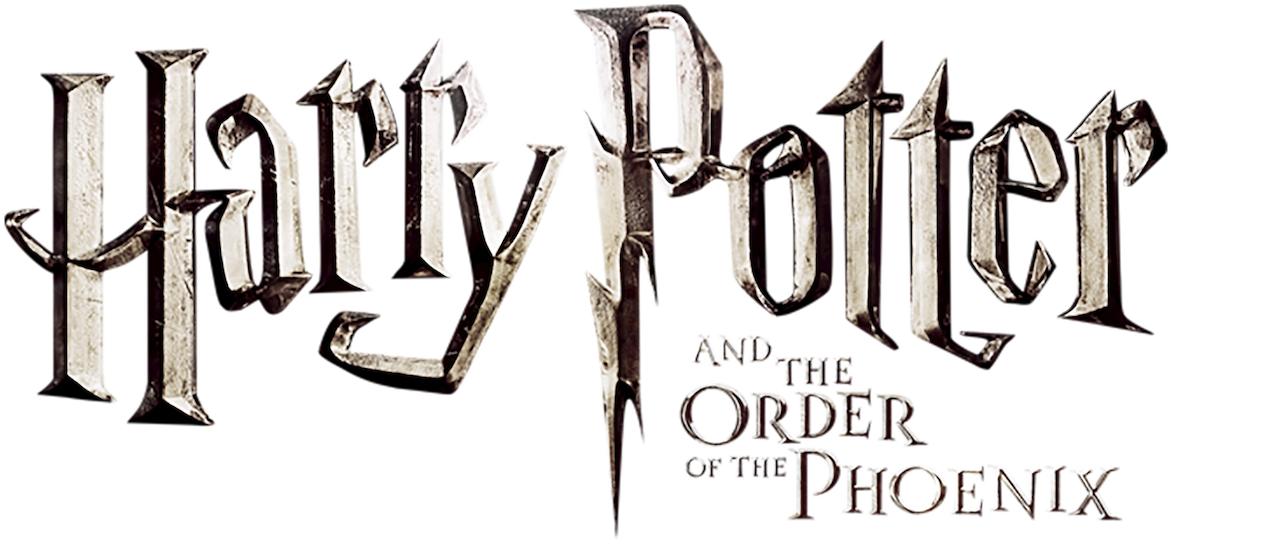

Lovegood's writers earn the respect of readers because their quills move with quiet authority, resulting in articles with shrewd insight.įinally, the opposition of power versus authority is represented in the novel's principle theme-the need for unity in the face of division-a theme the Sorting Hat announces at the opening night Hogwarts' assembly: Luna Lovegood's father continually seeks a variety of opinions for his The Quibbler, an echo perhaps of Addison and Steele's noteworthy eighteenth-century British publications, The Spectator and The Tatler. In The Daily Prophet, stories always reflect the party line and are filled with Ministry propaganda. The Ministry of Magic's The Daily Prophet is totalitarian nonsense that echoes the old Communist rag, The Daily Worker. Dumbledore, on the other hand, has a name deriving from the medieval word for 'bumble bee': he surveys his scenery, but knows when to sting his enemies.Įven the periodicals produced by the power group and authority group differ. The power-crazy head of the Ministry of Magic, Cornelius Fudge, lives up to his surname with his hasty accusations and falsified reports. The dragon child, Draco Malfoy is filled with bad faith and basks in the reflected glow of his Death Eater father Lucius' false light. Umbridge's Grand Inquisitor power begins with Decree 22 appointing her as a teacher without Dumbledore's concurrence, an echo of Joseph Heller's novel of grim black humor. With his constant scowls, scorn, and pursed lips, Percy Weasley is the scribe who grabs his handful of power and ferrets out Hogwarts students he dislikes. Argus Filch, on the other hand, delights in his menacing patrols of the Hogwarts corridors because, with Umbridge in charge, he announces to Harry that he will persecute the "filthy little beasts" and that he has the "power to whip you raw" (628).ĭickensian-sounding names re-enforce the power vs. authority figures always attract trouble, but I suppose Dumbledore thinks you can withstand most major jinxes" (169). Mad-Eye Moody kids Ron about his appointment to prefect: "Well, congratulations. Authority, faithfully practiced, generates a shared power, not one that is arbitrarily imposed. still resides with the headmaster" (596). By contrast, Dumbledore rejects Umbridge's order to evict Hogwarts teachers, citing that she does not "have the authority to send them away from the castle because that "power. In another of her endless stream of vicious decrees, Umbridge declares she "has the power to inspect, place upon probation, and sack any teacher" (596). She relishes "the power to strip pupils of all privileges" and dreads having "less authority than common teachers" (416). Dolores Jane Umbridge is a High Inquisitor whom anyone can take offense at. For example, some junior Hogwarts' wizards, such as Crabbe, Goyle, and Pansy Parkinson, do not believe that Harry has seen "Lord Voldemort return to power" (215). Dumbledore's domain, the Hogwarts School, is primarily structured on virtuous authority: the headmaster earns his way, sits beside his faculty, lets students and teachers make choices.įrequent references to power dot the novel, always in relation to a character whose intentions are malevolent. In the deepest, coldest sub-chamber resides the Department of Mysteries, the lair of Voldemort's Death Eaters. There are nine floors numbered from One (the top) to Nine (the bottom) with recessed and sunken areas beneath the ninth level. The vice of power is embodied in the Ministry of Magic, which resembles Dante's Inferno in its architecture. Power is usually a negative concept imposed from the top down, whereas authority is a positive undertaking earned by those who hold it and works from the ground floor up. Much of the plot of Harry Potter and the Order of the Phoenix is built around the conflict of power versus authority. Authority in Harry Potter and the Order of the Phoenix. Authority in Harry Potter and the Order of the Phoenix." Retrieved from 2008 Notes on Contemporary Literature 14 May.


HARRY POTTER AND THE ORDER OF THE PHOENIX FREE FREE
Authority in Harry Potter and the Order of the Phoenix." The Free Library.


 0 kommentar(er)
0 kommentar(er)
